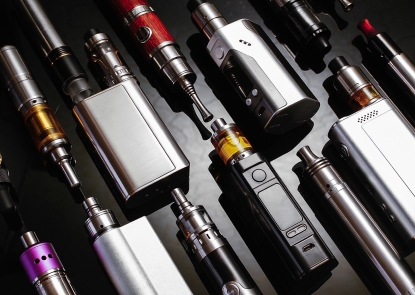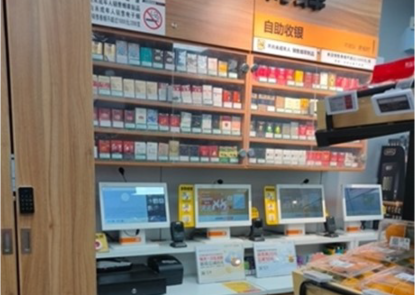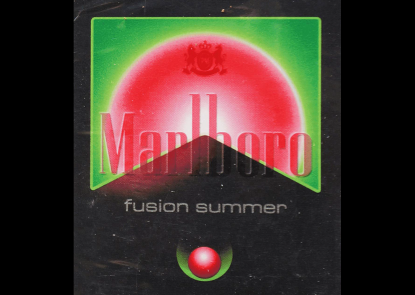Knowledge Generation
Knowledge generation, synthesis and translation is one of the three pillars of IGTC's operating framework. Since its inception, the institute has been actively involved in the generation of scientific evidence to support to the development of strong tobacco control policies around the world. The MPOWER policy package frames the range of focus areas in which we engage, including research on tobacco product advertising and health warning label effectiveness. Examples of such projects are provided below:

Vaping And Patterns Of E-Cigarette Use Research (VAPER) Study
Johns Hopkins University and Virginia Commonwealth University (VCU) are conducting the Vaping and Patterns of E-Cigarette Use Research (VAPER) Study, with funding from the U.S. Food and Drug Administration (FDA) and the National Institute on Drug Abuse (NIDA) (2U54DA036105- 06), to better understand the impacts of future policy proposals on e-cigarette use and vaping behavior. The study will provide the FDA with a set of tools that can be used to guide regulation development.

Youth Exposures and Perceptions to Tobacco Marketing in China
Adolescents are uniquely vulnerable to nicotine addiction, and rates of youth tobacco use in China remain high. Although China implemented a ban on tobacco advertising in public places, Chinese youth remain exposed to tobacco marketing. Exposure to tobacco marketing is associated with increased susceptibility to use, and use of, cigarettes among Chinese adolescents. The findings from the study may support regulatory efforts to strengthen the implementation of national restrictions on tobacco marketing.

Striving For Equity: A Scoping Review Of E-Cigarettes, Heated Tobacco Products And Tobacco-Related Disparities
We searched the existing literature and studies in the pipeline for information about the impact of e-cigarettes and heated tobacco products (HTPs) in relation to tobacco disparities. The results from a draft of the scoping review were discussed in a convening with 25 experts from academia, funding agencies, and civil society. The report includes the research gaps identified by the convening participants that need to be addressed in order to advance a health equity agenda to eliminate tobacco-related disparities.

Examining The Appeal Of Cigarette Packs Among Adolescents And Young Adults In Mexico City
Cigarette packs are an important marketing tool since they are carried around with users and are on display at the point-of-sale. A mixed-methods study was conducted in two phases in Mexico City in collaboration with the National Institute of Public Health (INSP). Findings from this mixed-methods study showed that pack color is a key feature to increase appeal and to communicate the addition of flavor, influencing perceptions of harm among adolescents in Mexico City. The fact sheet is available in English and Spanish.
